Stanford University neuroscientist and psychiatrist Karl Deisseroth, who developed methods that have revolutionized our ability to visualize and manipulate brain circuits, gave lectures in Bengaluru, Chennai, and Delhi in January 2016. He was the Featured Speaker of the Sixth Annual Cell Press-TNQ India Distinguished Lectureship Series, aimed at bringing internationally renowned scientists to the Indian scientific community.
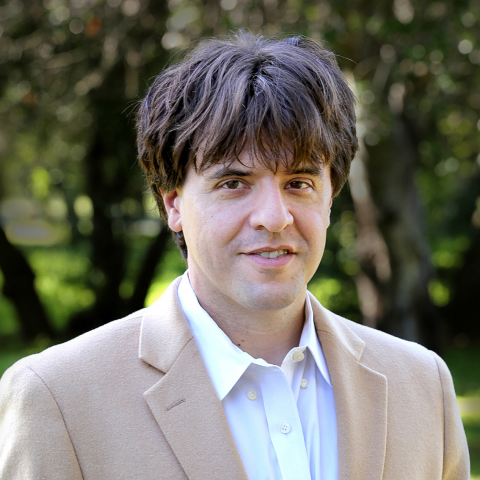
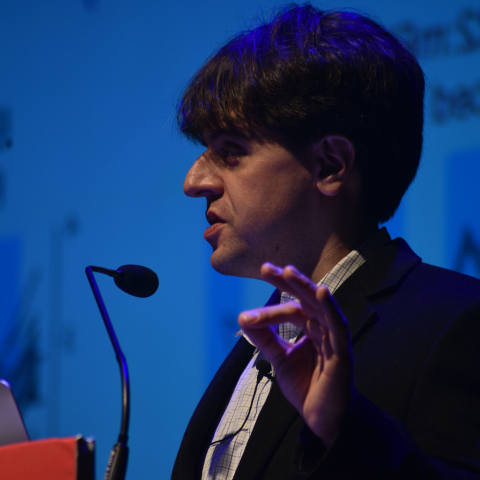
Deisseroth pioneered a groundbreaking technique known as optogenetics in which neurons in the brain are genetically engineered to express a light-sensitive protein that can change their electric properties. Light can then be used to switch neurons on or off in animals, allowing the mapping of neuronal networks that regulate behaviour and that are often disrupted in disorders such as autism or schizophrenia. Since its introduction to the research community in 2005, optogenetics has been used by thousands of labs around the world to understand the neural basis of behaviour.
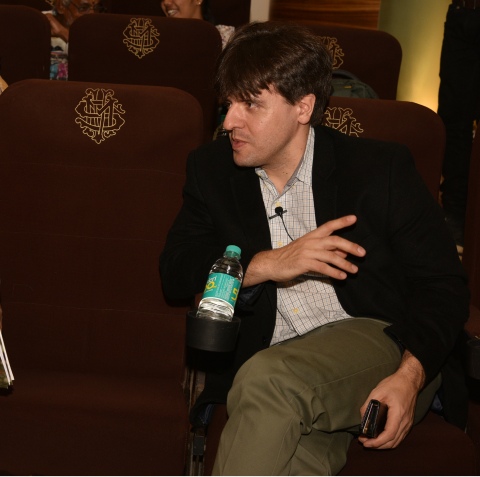
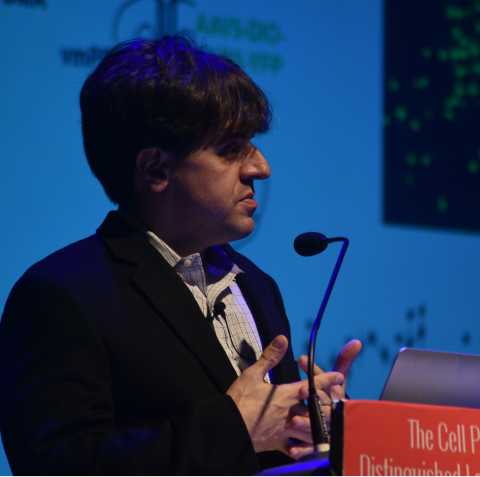
Karl Deisseroth is the D.H. Chen Professor of Bioengineering and of Psychiatry and Behavioral Sciences at Stanford University. He graduated summa cum laude in the biochemical sciences from Harvard University and went on to complete his MD and PhD in neurosciences from Stanford University. On completion of his medical internship and psychiatry residency at Stanford Medical School, he started his career as a researcher in the Psychiatry Department at Stanford Medical School.
He is a practising physician at the Stanford Hospital and Clinics and a foreign adjunct professor at Sweden’s Karolinska
Medical Institute.
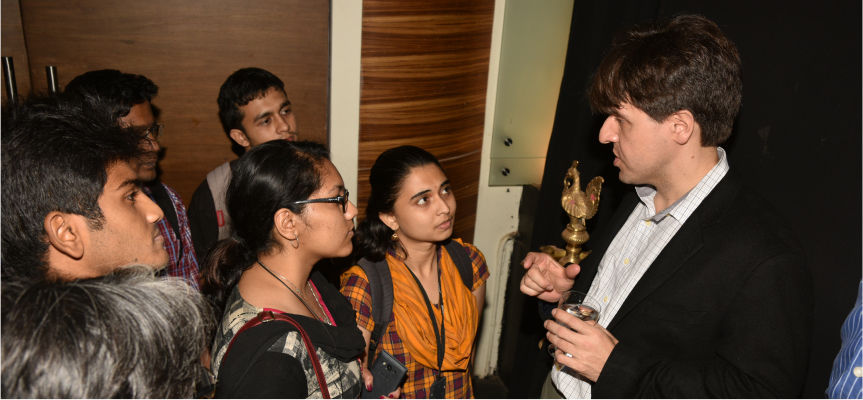
Neuroscientist Karl Deisseroth to give lectures in India, The Hindu
Making the brain transparent, The Hindu
Optogenetics pioneer throws new light on therapies to treat brain disorders, The Hindu
Shining a light on the brain, The Hindu
Lighting the Brain: Karl Deisseroth and the optogenetics breakthrough, The New Yorker
Brain Control in a Flash of Light, New York Times
Method man: Karl Deisseroth is leaving his mark on brain science one technique at a time, Nature
Optogenetics: Controlling the Brain with Light, Scientific American
Karl Deiseeroth, Howard Hughes Medical Institute